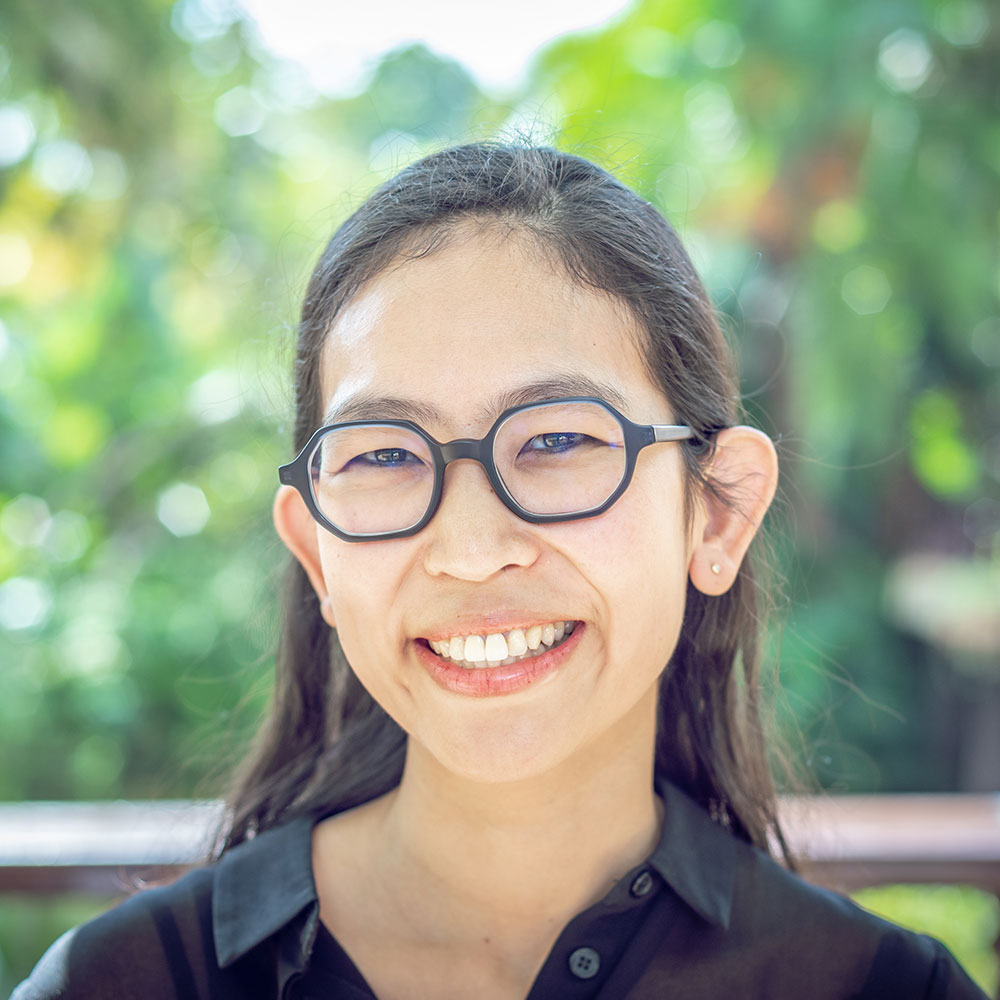Dalberg uses cookies and related technologies to improve the way the site functions. A cookie is a text file that is stored on your device. We use these text files for functionality such as to analyze our traffic or to personalize content. You can easily control how we use cookies on your device by adjusting the settings below, and you may also change those settings at any time by visiting our privacy policy page.
India’s foundational literacy and numeracy (FLN) goals are critical for ensuring all children have access to quality education, but children with special needs (CWSN) are often left behind. Traditional education systems are not equipped to meet their unique requirements, leading to high dropout rates and limited opportunities for these students. Recognizing this challenge, Dalberg supported Sol’s ARC and the Tamil Nadu government, to launch an initiative to transform how CWSN achieve FLN, integrating inclusive education practices into the mainstream system.
Despite a growing global focus on inclusive education, systemic barriers in India prevent meaningful change. Infrastructure in many schools is not accessible, and educators often lack the training to support CWSN effectively. Community stigma and a lack of awareness further isolate these children, making it difficult for them to achieve academic success and social integration. Moreover, traditional education financing models often fail to ensure accountability, leaving essential needs such as assistive technology and adapted materials underfunded.
Through a comprehensive approach, this initiative tackled these challenges by embedding inclusive education practices into Tamil Nadu’s education system. Over 64 lakh children were screened for disabilities, and 72,000 teachers and special educators received training in inclusive pedagogy. Universal screening programs identified children requiring additional support, while teacher training programs emphasized adaptive teaching methods, fostering a more supportive learning environment.
Curriculum adaptations ensured that learning materials catered to the diverse needs of CWSN, including the use of assistive technology and real-time learning aids. Infrastructure audits led to physical accessibility improvements, enabling schools to integrate CWSN into mainstream classrooms rather than segregating them. These efforts were supported by results-based financing, ensuring funds were directed toward impactful solutions, such as customized learning tools and specialized teacher training
Collaboration for Systemic Change
A key driver of success was the partnership between Dalberg, Sol’s ARC, and the Tamil Nadu government. This multi-stakeholder collaboration brought together government resources, Sol’s ARC’s technical expertise, and Dalberg’s strategic guidance to address complex challenges holistically. The partnership resulted in a comprehensive , collaboratively developed by Sol’s ARC and Dalberg. The playbook is a valuable resource, providing insights into the scale of the challenge while making a compelling case for investing in inclusive education. It highlights best practices and outlines opportunities to integrate inclusive FLN into systemic frameworks. Timely and essential, the playbook equips states with actionable recommendations to advance their journey toward inclusive education for all learners.
Community engagement was another critical element of the partnership. Awareness campaigns, inclusive events, and parent-teacher collaborations helped reduce stigma and foster a welcoming environment for CWSN. Parents were also given representation in school committees, ensuring their voices contributed to decision-making processes. Inclusive FLN also required shifting societal mindsets. The initiative prioritized not just academic content but social integration, helping communities embrace CWSN as equal participants in education.
Toward an Inclusive Future
Infrastructure limitations posed a significant challenge, with many schools initially lacking accessible facilities. These gaps were addressed through audits that informed strategic upgrades, such as ramps, adaptive furniture, and inclusive learning environments. Another challenge was the shortage of teachers skilled in inclusive education. By scaling teacher training programs, the initiative equipped mainstream educators to integrate CWSN into general classrooms, promoting inclusive rather than segregated learning.
This initiative exemplifies how inclusive education can create pathways for broader social and economic inclusion. By centering efforts around the child, it improves both academic outcomes and future opportunities for CWSN. The program also serves as a model for integrating inclusive practices into other regions, demonstrating that systemic change is possible through collaboration, targeted interventions, and community engagement.
Dalberg’s work in inclusive FLN with the Tamil Nadu government and Sol’s ARC lays the groundwork for equitable education-to-employment opportunities, fostering a society where every child can reach their potential. The playbook’s public launch occurred in Delhi on April 2, 2024, alongside an event on inclusive education. This event, co-hosted by Dalberg and Sol’s ARC, attracted leading education actors.
75% of children with special needs in India remain excluded from mainstream education. How do we build inclusive education systems where every child can say “I am Seen, I am Heard, I am Understood, I am Accepted?” Our playbook highlights the scale and significance of the problem and tangible ways for the state governments, funders, and CSOs to support every learner, not just the average learner.
Connect with Dayoung to know more about Dalberg’s work in inclusive education:


